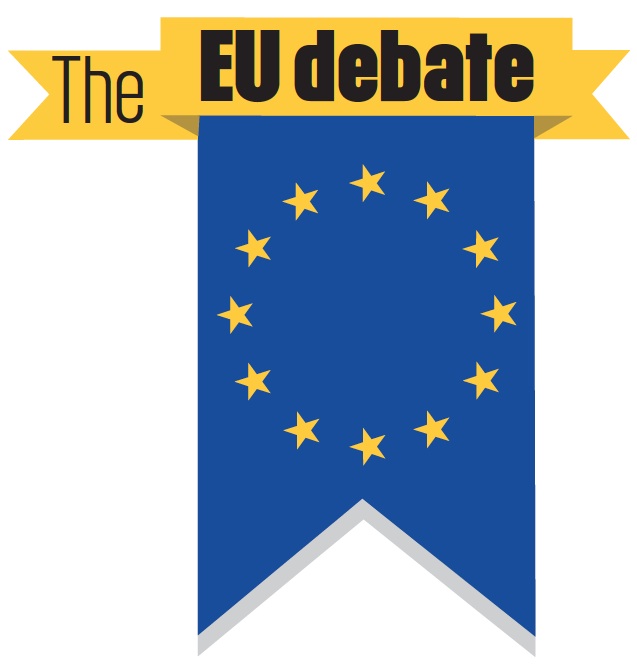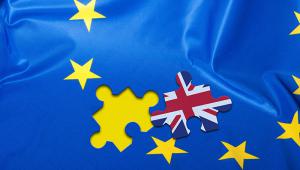On behalf of CCAB, Coyne Research conducted interviews with 30 key influencers from five of its member organisations. Their report, launched today, found that the senior figures from large multinational companies, accountancy practice and the public sector think that the UK is better situated in a reformed EU.
The changes prioritised by the business leaders in many cases reflected moves towards closer integration, including measures to facilitate greater free movement of labour, harmonisation of tax reporting regimes in particular and greater accountability and transparency at EU level.
CCAB chair Tony Nicholl said the report is an important contribution to the “emotive” debate around the future relationship between the EU and the UK and makes clear recommendations, from a business leaders perspective, on “how reform could be used to transform the EU relationship and set a new foundation for collaboration” between the UK and EU on areas of mutual interest.
Researchers found that the expansion of the common market is a priority for business leaders, who see regulation as essential, beneficial and unavoidable and would like there to be greater harmonisation of reporting regimes, social benefits and EU economic structures.
This would include closer harmonisation of tax reporting procedures, through the ratification of the OECD’s BEPS protocols in EU legislation or the introduction of a common consolidated corporate tax base, and the ability for citizens of any EU country to be able to register and operate a company in any member state.
Companies should also submit all tax returns to a central EU clearing house that then distributes them proportionally to relevant states, apply standard reporting procedures and follow EU-wide minimum industry standards, the business leaders said.
The free movement of labour, seen as a major success by the report’s respondents, should be further facilitated by harmonising labour laws and social benefits and increasing their portability. For example, there should be cross-border recognition of qualifications, pension contributions, health insurance and other social benefits.
The researchers found that business leaders agreed the migrant crisis is a major challenge that will test the capacity of the EU to cooperate, it is also seen as a major opportunity to plug the skills gap and support Europe’s mostly ageing societies.
Another key concern expressed during the research was a lack of transparency and accountability at an EU level, and a democratic deficit whereby centralised decisions affecting Britain are made physically and philosophically far away from the UK, and often by unelected officials in Brussels.
Business leaders called for greater transparency and accountability, including through audit and performance assessments of the European Commission and the provision of a rationale for regulations.
The report’s authors, Bernie Coyne and Brain Merriman of Coyne Research, said there is also space for greater consultation between the business community and EU lawmakers, to close the gap between those setting legislation and those working to implement it.
Finally, regardless of the outcome of the referendum, business leaders would like to see a charter, operating model or single document that clearly outlines the principles of the EU and where responsibilities and powers are held at the EU level, shared between member states or retained by national administrations, the report said.
Anand Menon, a professor of European politics and foreign affairs at King’s College London, introduced the report at an event earlier today. He criticised the partial political union the EU has currently opted for, which often gives the commission power to recommend but not enforce proposals.
Menon said the bloc should either integrate fully or not at all, because the current “halfway house is not sustainable” and means the EU can “dabble but not deal with issues”.
The people interviewed for the report included a number of influential members of four British Isles-based accountancy bodies: CIPFA; the Association of Chartered Certified Accountants; the Institute of Chartered Accountants in England and Wales; the Institute of Chartered Accountants of Scotland; and Chartered Accountants Ireland.




















